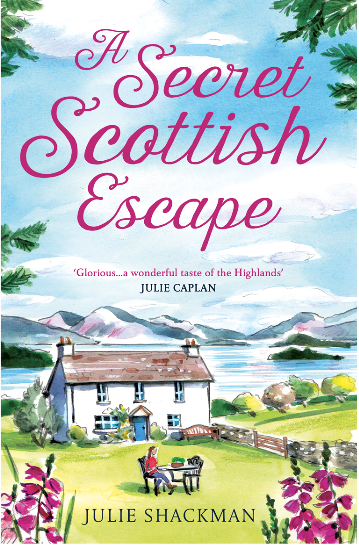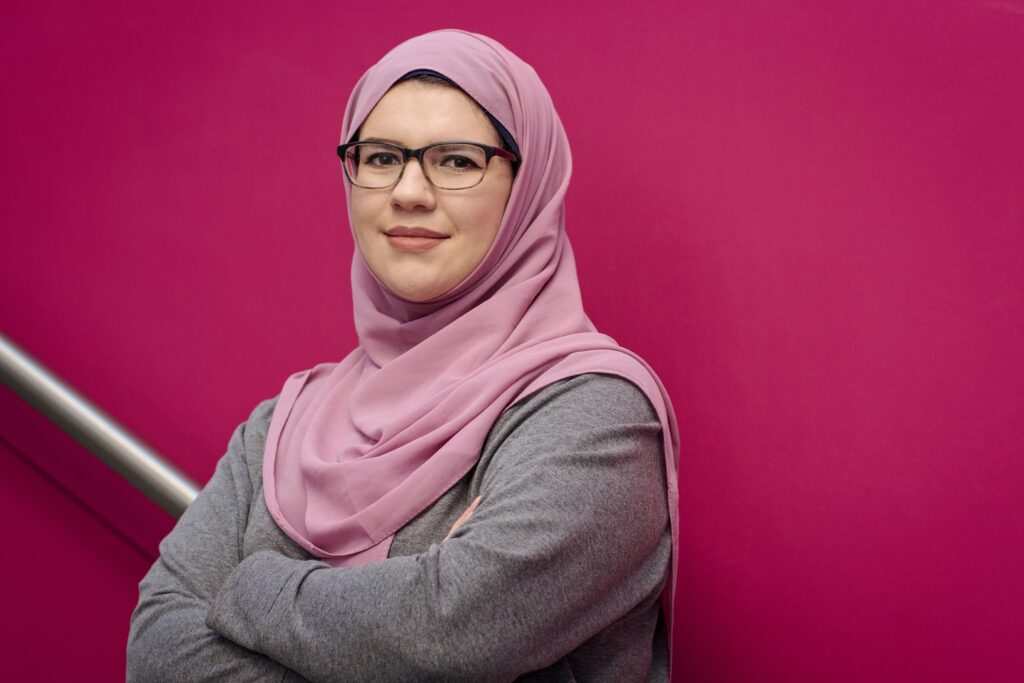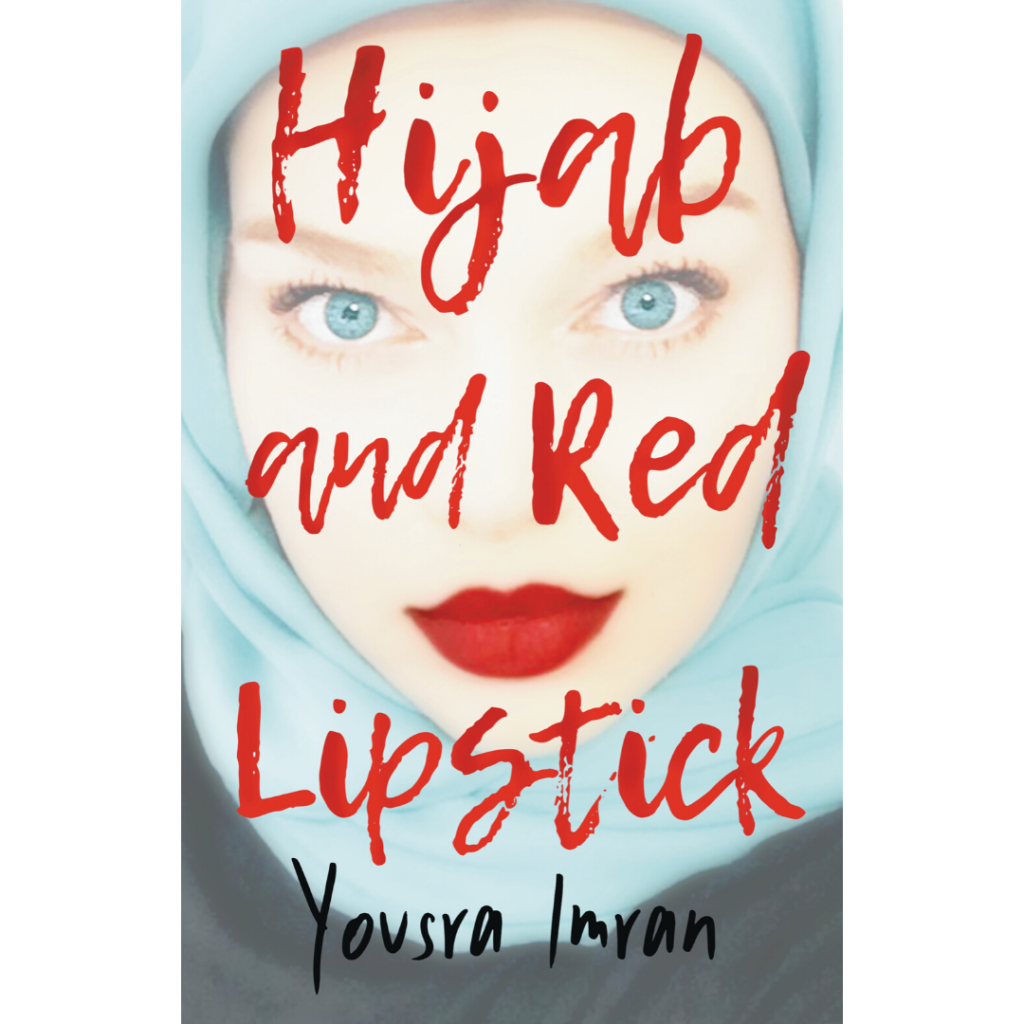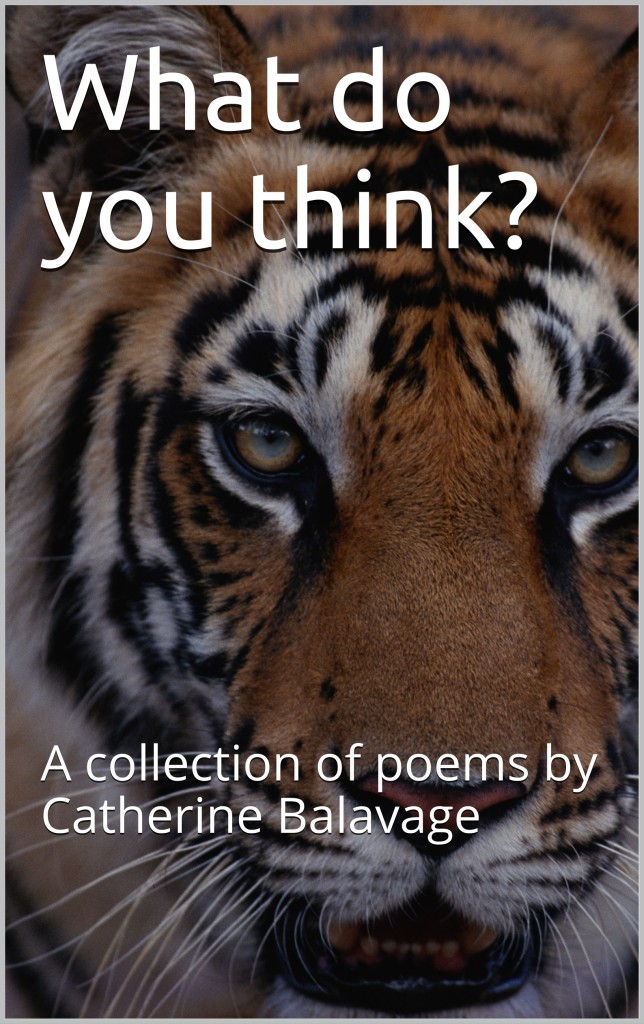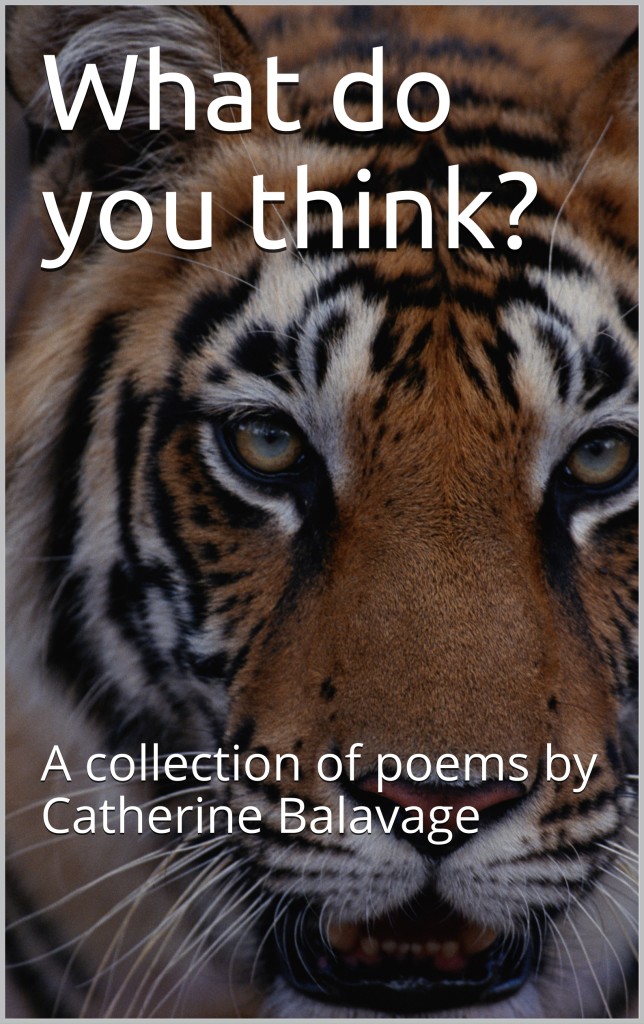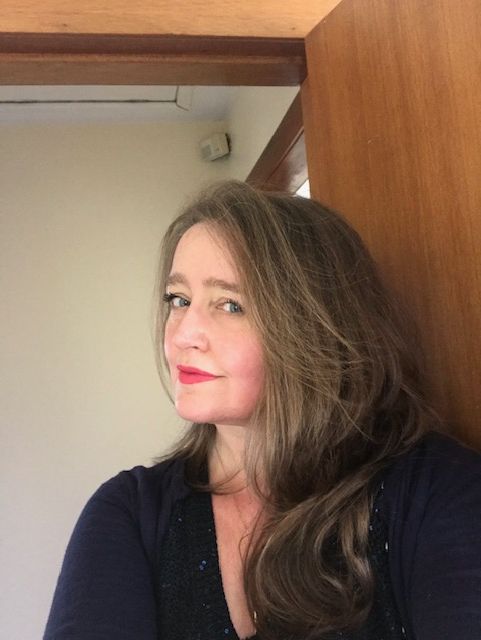 I am a writer of feel-good romance and live to the North of Glasgow with my husband and two sons. I trained as a journalist and studied Communication & Media, but I always wanted to be an author. We adopted a Romanian rescue puppy, who we named Cooper, just before Christmas and he is often my writing companion!
I am a writer of feel-good romance and live to the North of Glasgow with my husband and two sons. I trained as a journalist and studied Communication & Media, but I always wanted to be an author. We adopted a Romanian rescue puppy, who we named Cooper, just before Christmas and he is often my writing companion!
What you have written, past and present.
A Secret Scottish Escape is my fifth published book. My first two novels, Rock My World and Hero or Zero, were published digitally by the London based publisher Not So Noble Books and my next novel after that, A Room at the Manor, was released by Allen & Unwin. Book number four, The McKerron Castle, was released in audio by Bolinda.
Years ago, I also had two children’s picture books published in Dublin, but I always wanted to write feel-good, escapist romance and that is the genre I love to read.
What you are promoting now.
I am promoting my latest feel-good romance, A Secret Scottish Escape, which is being released by the wonderful HarperCollins imprint One More Chapter as an ebook on 21 May and in paperback on 19 August. I can’t wait to share the tale of Layla and Rafe!
A bit about your process of writing.
I find it very difficult to write straight onto the PC, so I tend to write long-hand in one of my many notebooks (!) and then type it up. I usually go to my favourite tea shop to write, but since lockdown, that hasn’t been possible, so I have been learning to write on the sofa, in the kitchen and whilst staring out of the window in the office! I also have to have music playing. Listening to lyrics seems to work for me as well.
Do you plan or just write?
I used to be a real panster, but have got a little bit better since my last couple of books. I haven’t been planning everything, but write more detailed notes now on character background, settings and where the story is headed.
What about word count?
I just tend to write the first draft, get it all down and then tweak polish and edit after that. if I can write about 1k-1,500 words a day, I’m pleased with that. The most I have ever written in a day was 4,500 words. I wouldn’t like to do that too often!
How do you do your structure?
I make lots of bullet points in my notebook, referring back to themes and characters. It can look rather chaotic, but it seems to turn out ok in the end!
What do you find hard about writing?
I procrastinate alot! I also have a habit of browsing through social media or reading the paper and then have to have a stiff word with myself.
What do you love about writing?
I love creating worlds and characters that readers can hopefully lose themselves in. I think we all really need to be able to do that – especially now!
Advice for other writers.
Don’t ever give up. Keep going, keep writing and keep reading. A published writer is an unpublished writer who never quit.
US –
https://www.amazon.com/Secret-

